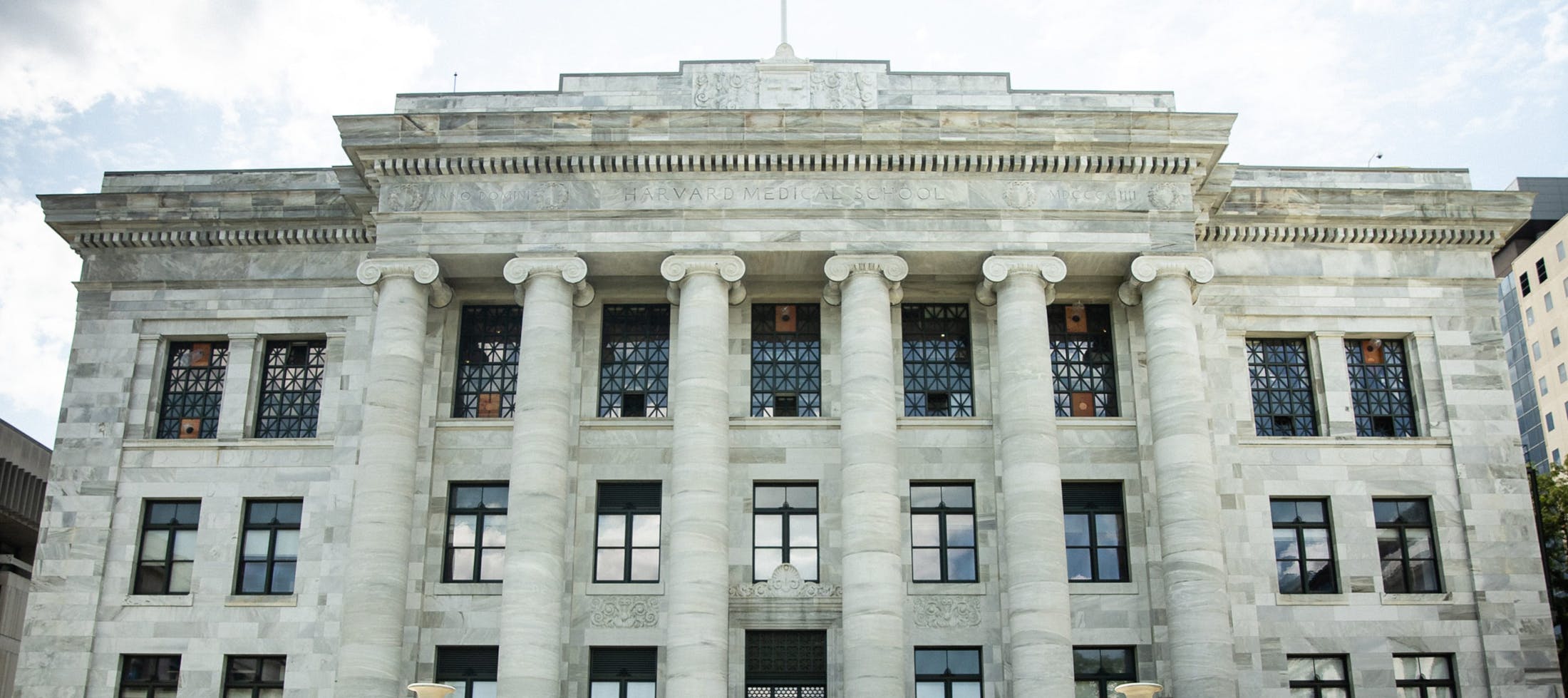Facial nerve repair is a critical field of expertise dedicated to restoring function and symmetry to the face following facial nerve damage. Hadlock Facial Plastic Surgery proudly offers patients expert facial nerve repair in Boston.
Restoring Facial Function and Symmetry
Facial nerve repair can yield a range of results, which are often influenced by various factors, including the extent of nerve damage, the timing of the repair, and the surgical technique employed. In cases of successful repair, patients may experience a gradual return of facial muscle function and symmetry, contributing to improved facial expressions and overall quality of life. Early intervention and meticulous surgical technique are critical for optimizing outcomes, as delayed repairs may lead to more modest improvements. Additionally, post-operative rehabilitation and ongoing care are essential in maximizing the long-term results of facial nerve repair.



